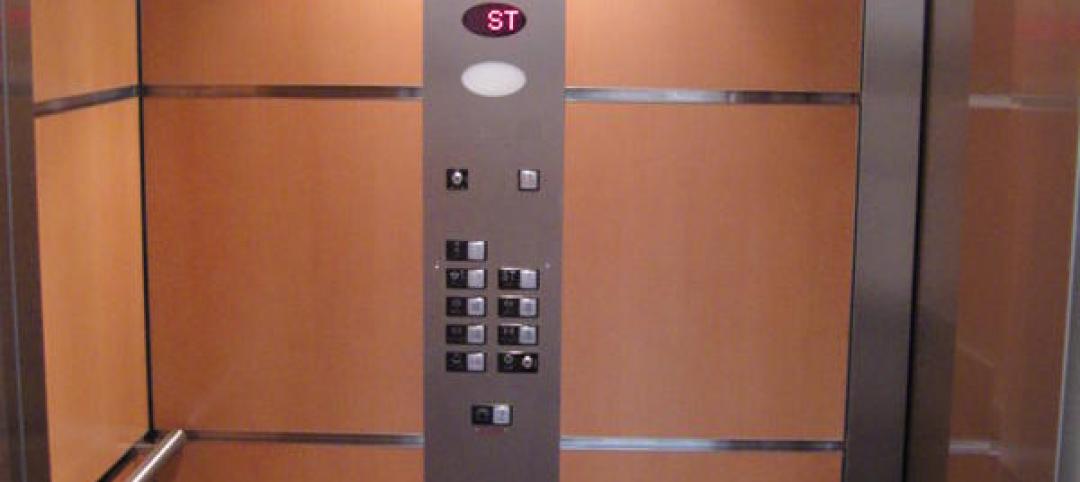After offices and other places of business reopen following COVID-19 shutdowns, tenants and owners face increased legal liability, and property insurance plans may not cover this risk.
If an employee or guest contracts the disease, the prospect of a lawsuit puts companies and property owners at risk. Though most re-openings come with stringent measures to protect the health of workers and visitors, those actions may not be enough to protect a company from liability if someone catches COVID-19 within their property.
Companies have to follow the necessary guidelines to safeguard their buildings from COVID-19 transmission, but they also must ensure compliance with those measures, a lawyer interviewed by GlobeSt advises. Plaintiffs would not necessarily have a difficult time proving that they were infected at a particular location.
The prevalence of mobile devices, private security cameras, and other tracking and tracing methods, there could be enough data to determine who was within six feet of an infected person. If businesses adhere to guidelines to prevent disease transmission, though, they stand a much better chance of prevailing in court.
Related Stories
| May 3, 2012
Green-roof requirement now includes industrial facilities in Toronto
A mandate that requires installation of green roofs on new commercial and residential buildings in Toronto has been expanded to include industrial facilities.
| May 3, 2012
Innovative wastewater treatment helps achieve LEED rating
LEED for New Construction, Neighborhood Development and the LEED Volume Program offer some ways to achieve LEED points when dealing with wastewater treatment.
| Apr 26, 2012
Lack of bolts on steel support caused collapse at Cincinnati casino
Too few bolts connecting horizontal steel support beams with vertical steel columns was the cause of January’s construction accident at Horseshoe Casino Cincinnati, according to the report of the Occupational Safety and Health Administration.
| Apr 26, 2012
OSHA criticized for taking too long to roll out safety rules
The Occupational Safety and Health Administration takes far too long to adopt new safety regulations compared to other agencies’ development of rules, safety experts said during a Senate hearing.
| Apr 26, 2012
Contractors fear that GSA scandal will lead to fewer federal construction contracts
In the wake of the recent scandal at the General Services Administration in which workers spent lavishly at a Las Vegas conference, a spokesman for Associated General Contractors of America said contractors are worried the scandal will result in cuts to GSA's construction and renovation budgets.
| Apr 26, 2012
Developers can use LEED wastewater credits to help gain approvals in environmentally sensitive locales
Those wanting to pursue development in heavily regulated and environmentally sensitive areas are benefiting by designing projects that qualify for LEED points, even if the project as a whole does not achieve certification.
| Apr 26, 2012
New York City Council moves to license elevator mechanics
New York’s City Council introduced a measure last week that would require the city’s 7,000 elevator mechanics to meet national standards and be licensed by the city.
| Apr 23, 2012
AAMA releases updated specification for anodized aluminum
AAMA 611-12 describes test procedures and requirements for high performance (Class I) and commercial (Class II) architectural quality aluminum oxide coatings applied to aluminum extrusions and panels for architectural products.















